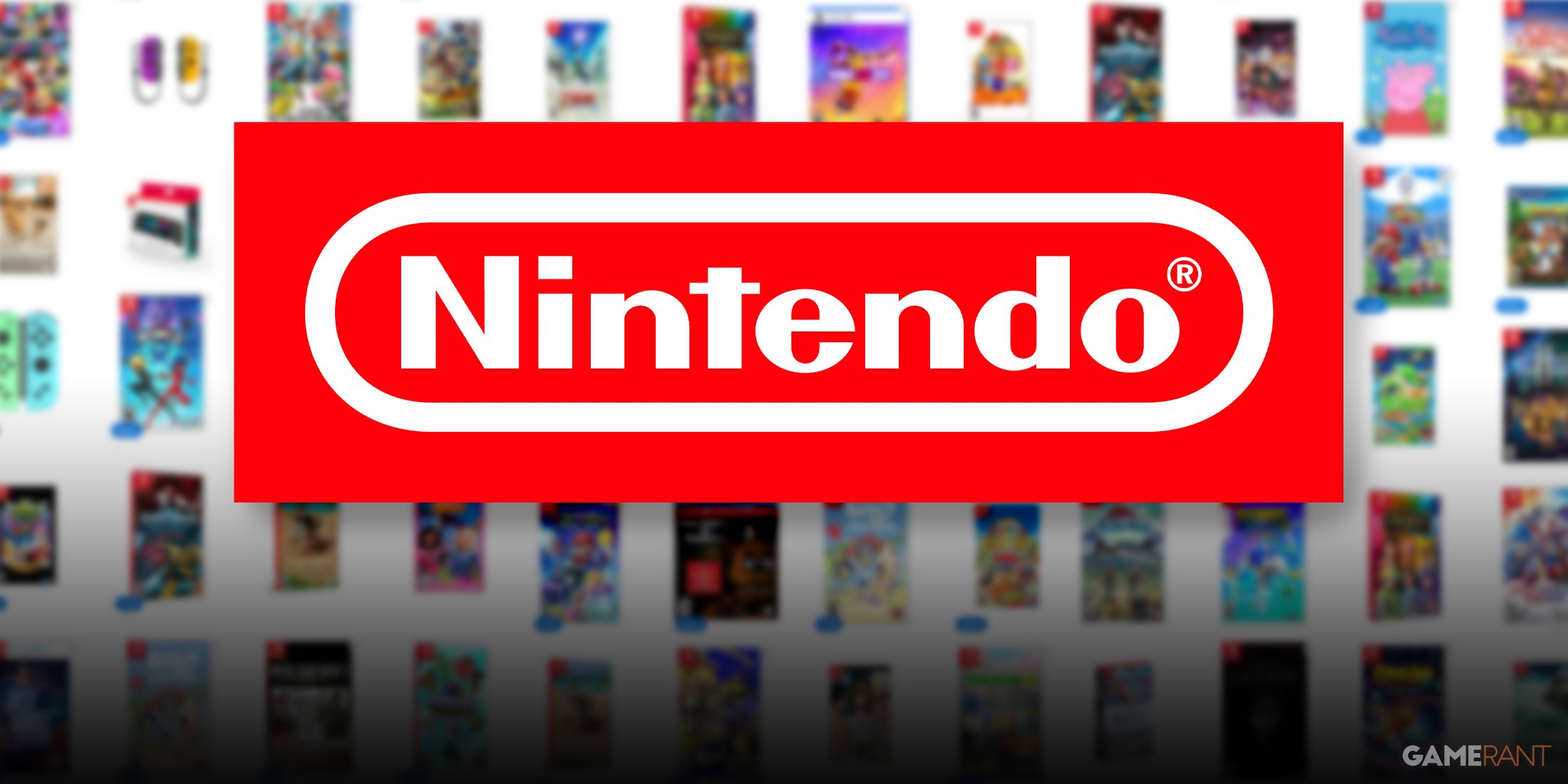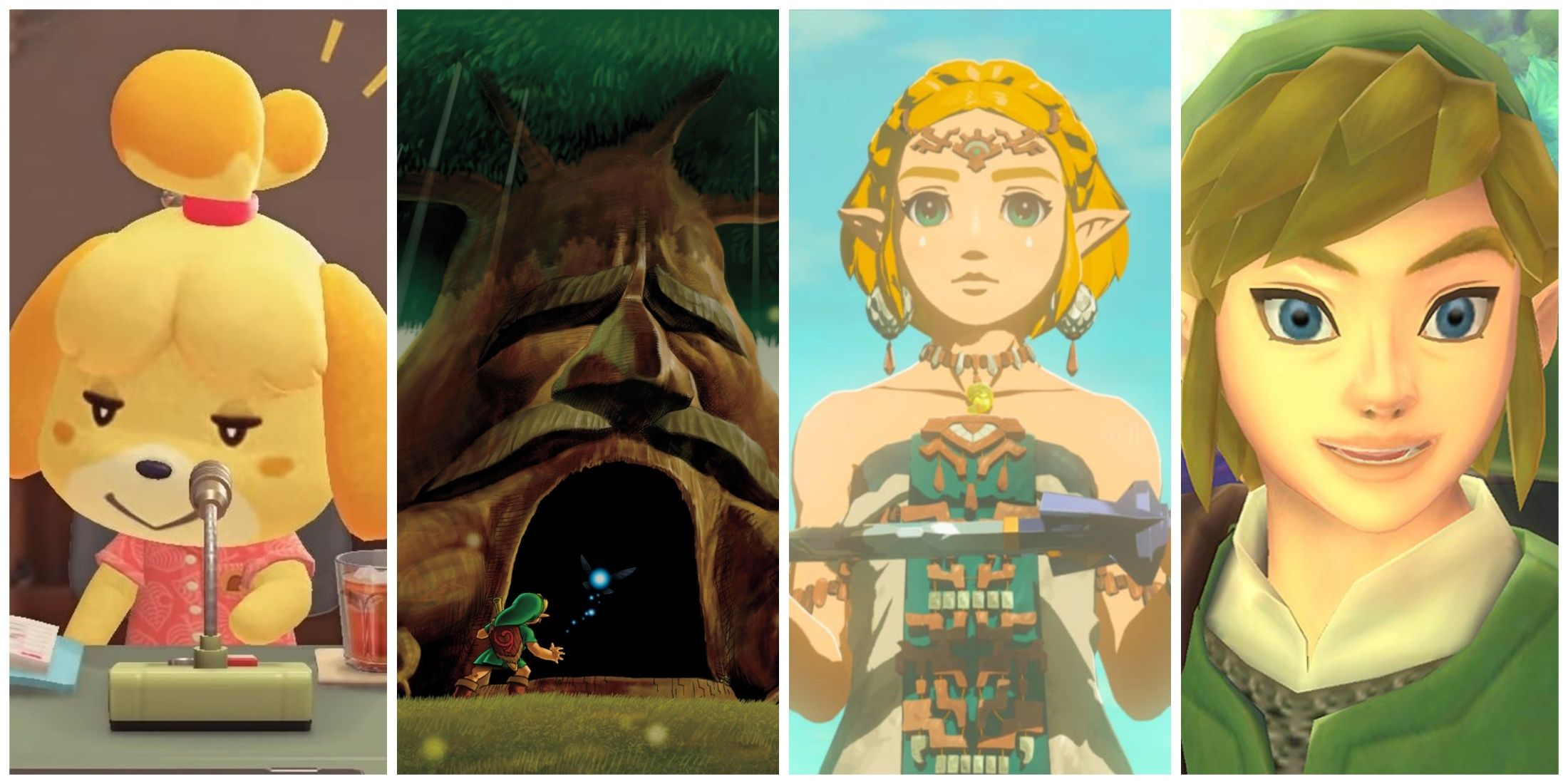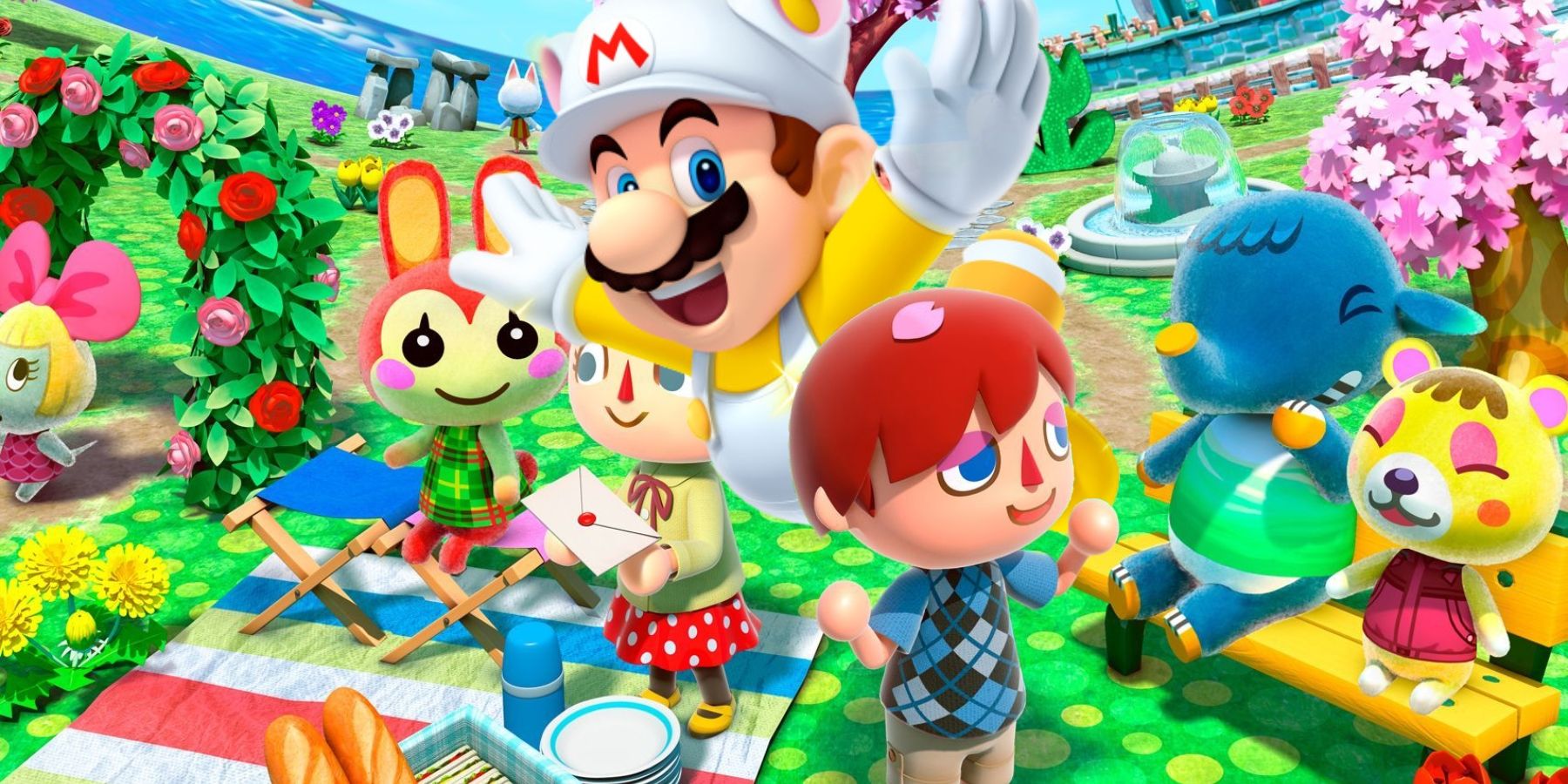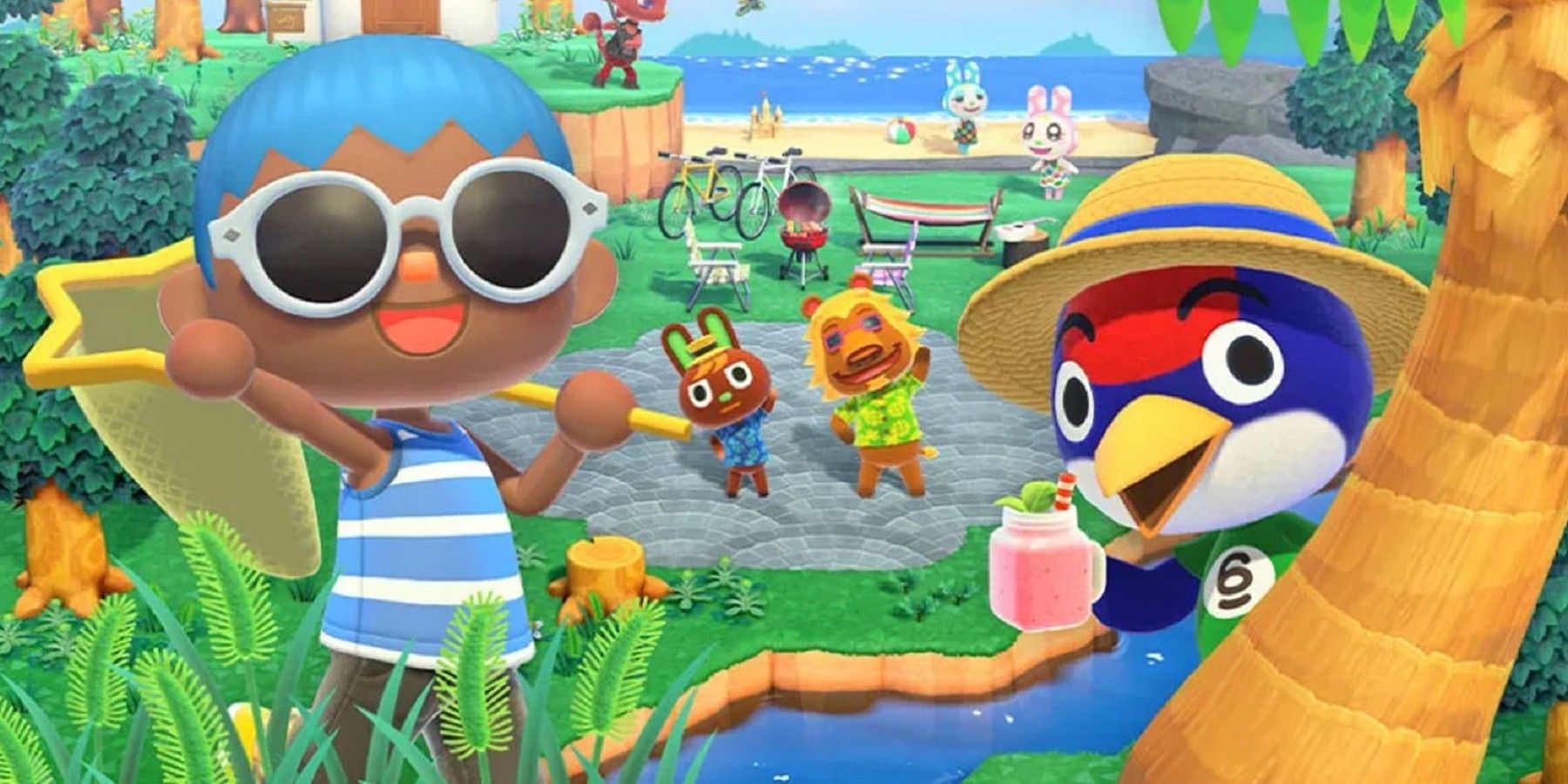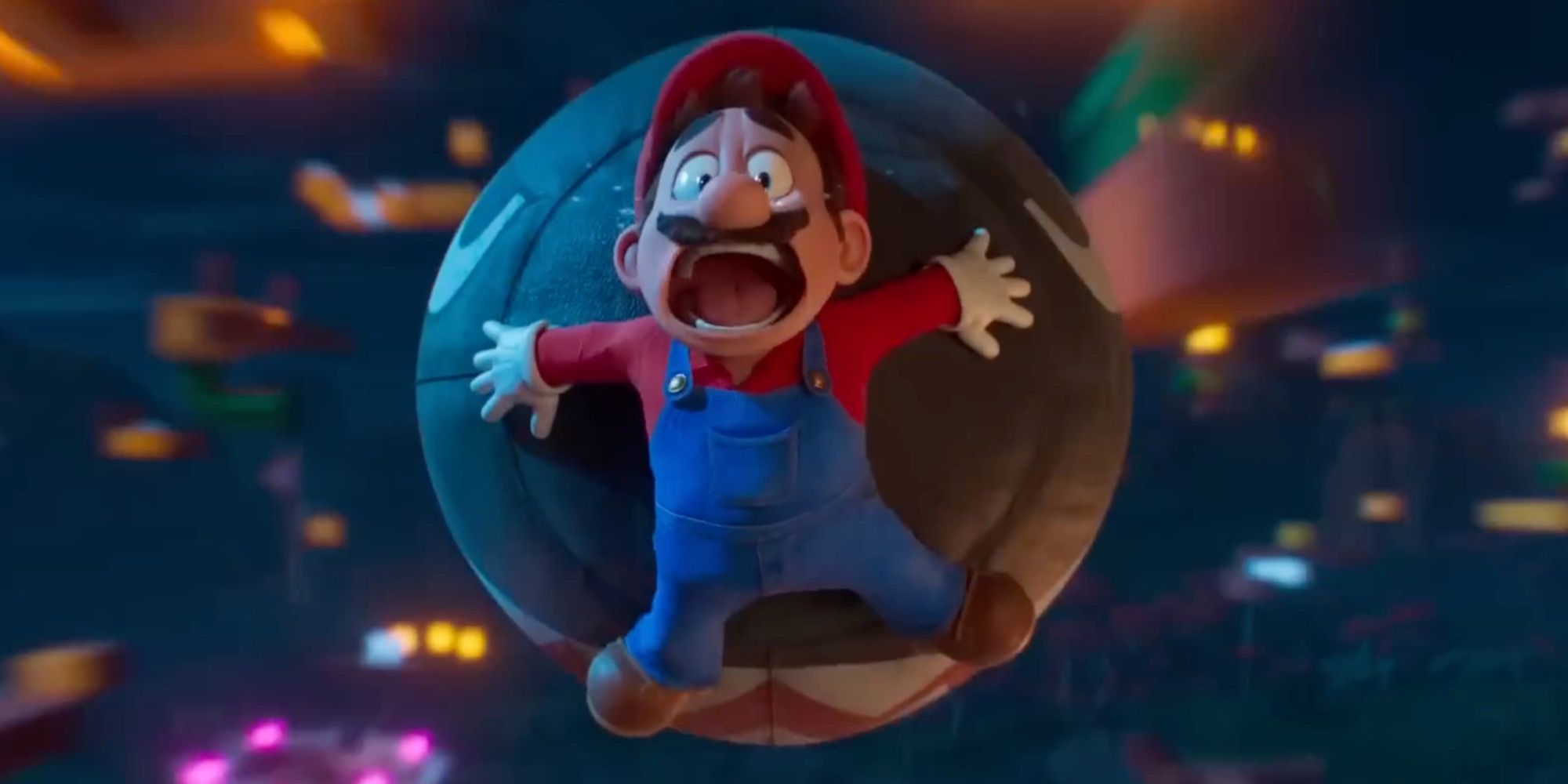Highlights
- Nintendo's philosophy of creating innovative, differentiated products has been successful in the video games business, but their foray into filmmaking may be a more crowded and risky market.
- The Animal Crossing movie, although unconventional, was highly successful in Japan but Nintendo was hesitant to release it in other markets, possibly due to doubts about attracting Western viewers.
- Nintendo should consider producing their own feature films in order to capture the unique Nintendo charm and create a consistent experience across media, rather than relying solely on partner-produced films that may not accurately represent their brand.
Nintendo is an eccentric entertainment company that prides itself on creating unique experiences based on its intellectual property. Their objective to produce financially profitable goods and services while leading with innovative creativity can prove to be arduous at times, evidenced by the struggles of the Wii U. When it comes to filmmaking, however, Nintendo is again faced with two choices: red ocean or blue ocean.
A red ocean strategy is one that involves producing in an overcrowded market that's saturated with products that nearly resemble each other. A blue ocean strategy charts new waters with innovative, differentiated products. The latter strategy can be too risky for some businesses, especially fiscally conservative businesses such as Nintendo. That being said, the blue ocean approach has been Nintendo's philosophy for over two decades in the video games business. But their current entry into other visual media, namely filmmaking, seems to be more of a red ocean strategy which could diminish the value of their IP if they are not more careful with how their IP is developed by others. The difference between Animal Crossing: The Movie and The Super Mario Bros. Movie should be an indication to Nintendo of how valuable it is to produce their films in-house.
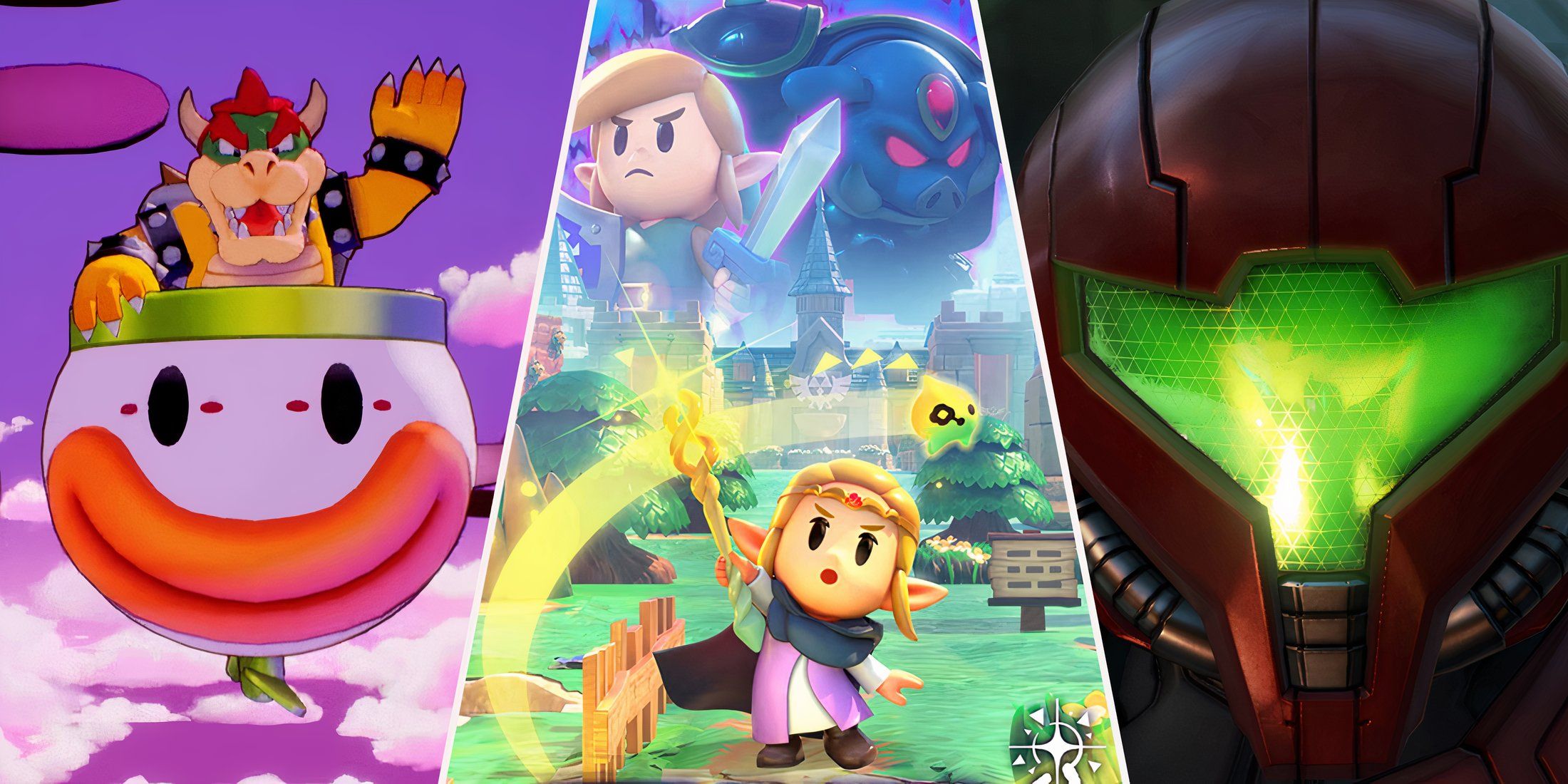
Every Major Video Game Release Coming Soon For Nintendo Switch
The Nintendo Switch's library is vast and constantly growing. Here is every major new Switch game releasing in 2024 or beyond.
Why The Animal Crossing Movie Doesn't Have To Be Conventional
Animal Crossing: The Movie is a little-known Nintendo film that was never released in North America. Much like the game, the film is essentially a slice-of-life story that largely captures the same charm and adventure of the video game. It follows a new resident, Ai, who seeks to build a life and discover her dreams in a new town. It's one of the highest-grossing Japan-only theatrical films of 2006. This begs the question of why Nintendo was reluctant to distribute and localize the film to at least further promote the franchise.
Produced a year after the popular video game, Animal Crossing: Wild World, the film's limited theatrical release is likely due to its unconventional plot. Slice-of-life stories make up a niche genre in manga and anime series. It is even more rare in films. The brand power of Animal Crossing was strong and growing, but Nintendo may not have been as confident in the brand's ability to attract enough Western viewers to warrant further distribution, especially if they were to voice-dub the film. Considering the success, however, of the animated film in Japan, Nintendo should have a better understanding of their ability to produce their own feature films. Animal Crossing: The Movie's unconventional plotless narrative does not detract from the whimsical and emotional storytelling that creates an enjoyable experience reminiscent of the games.
Nintendo Should Make Their Own Movies
While they have found financial success with the red ocean strategy by partnering with Illumination to produce The Super Mario Bros. Movie, the highest grossing film based on a video game, the film itself is unremarkable relative to the Mario franchise. Though the film hit all of the Hollywood standard beats for an animated film, that's also part of the problem.
The Super Mario Bros. Movie is a generally positive albeit mediocre experience that doesn't truly capture the Nintendo brand or the featured franchise. If Nintendo were only seeking to promote its IP in movies, then it's a job well done by box office standards. However, this strategy is likely a stop-gap as they learn to produce films at Nintendo Pictures that both appeal to a global audience and present that unique Nintendo charm.
An in-house Nintendo film would probably have filmmakers questioning Western filmmaking conventions rather than embracing them. Nintendo is the type of company who asks:
- "Does the next system need cutting-edge advanced graphics to be fun or successful?"
- "Does an animated film need pop songs injected into the score?"
- Or, like many of their games, they may continue to ask, "Do the characters really need to speak to be understood?"
Only Nintendo can ask and answer these questions in unique ways that are entertaining, meaningful, and well worth the risks. Like the memorable quality of their games, Nintendo sets a high bar for iconic entertainment value. Fans will probably accept such unconventional films as Nintendo just being Nintendo. This will not only be an opportunity to grow their franchise base, but it also allows them to produce a more consistent experience across media while maintaining a differentiated movie-going experience. Otherwise, anyone unfamiliar with the franchise who sees the partner-produced film may later expect, for instance, a Mario game to playout like The Super Mario Bros. Movie, as many film-to-games do. Such a fan will undoubtedly be disappointed, for better or worse.
Nintendo promoting their IP in films for the sake of doing so can hurt their brand in the long run. Admittedly, it is possible for Nintendo to produce a conventional Western film in-house that also embodies their brand. But buying and creating a dedicated animation production company in Japan communicates that Nintendo likely isn't interested in producing Westernized films for their IP over time. In order for an in-house Nintendo animation film to be made which surpasses the bar of Animal Crossing: The Movie, Nintendo should be like Ai--to dare to be themselves in pursuit of their dreams.

